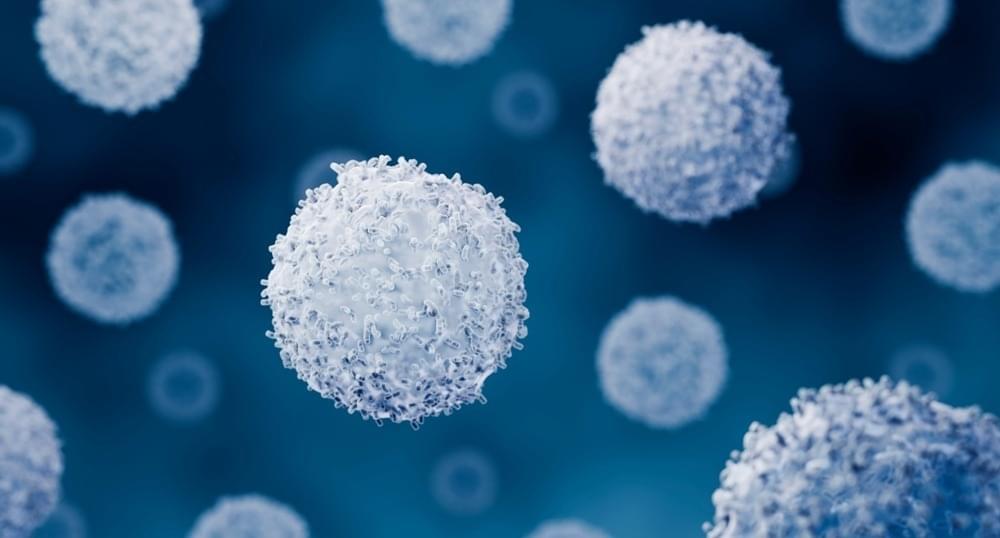Experimental findings indicated that activating T cells for 48 hours in combination of certain stimuli could encourage aerobic glycolysis. The highest level of aerobic glycolysis was noted with a combination of three stimuli, namely T cell receptor (TCR) triggering, CD28 costimulation, and hyper-physiologic concentrations of IL-2.
To generate an ‘‘in vivo-activated’’-like state and enhance efficacy, freshly isolated TCR-Tg pmel-1 CD8+ T cells were activated using antigen-presenting cells, cognate peptide (gp100), and IL-2. A 7-day T cell conditioning with DCA reduced extracellular lactate and increased total acetyl-coenzyme A (CoA) by changing glycolytic flux.
To assess the effects of DCA conditioning on the potency of therapeutic T cells in cancer immunotherapy, these cells were used to treat mice bearing B16 melanoma. Cytotoxicity assays showed a small but significant improvement in the therapeutic potential of DCA-conditioned T cells.
